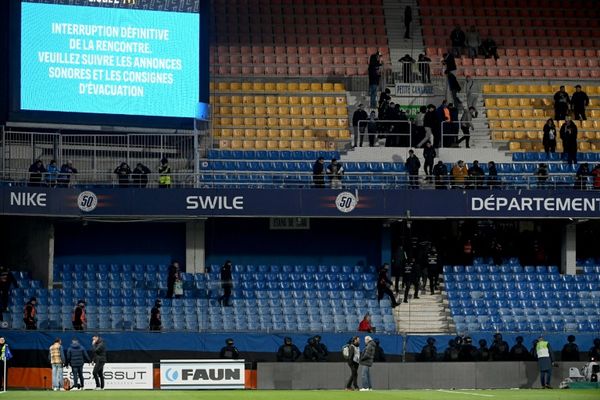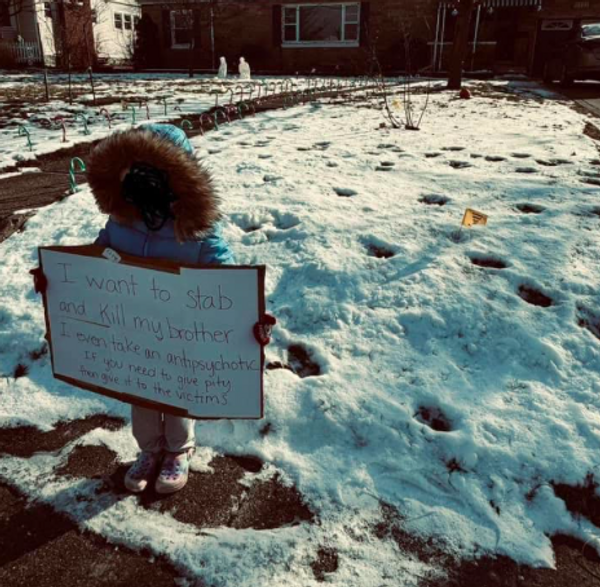
Icylyn Goddard, 86, has lived in her maisonette in Wembley, north London, for more than 40 years. She finished paying off the mortgage on it 20 years ago, but still does not own her own home and was recently told she would need to spend more than £200,000 to ensure she can spend the rest of her life there.
Goddard is a leaseholder and has 11 years left on her lease. In July, lawyers for the freeholder of her building told her that she needed to pay £212,000 plus valuers’ fees to extend it for 125 years. She was told that if an agreement was not completed within three months, the terms offered to her would be revised.
She says that a recent valuation of her home found that with a long lease it would be worth £350,000. Paying about two-thirds of that to extend the existing lease will be very difficult for her. But if she does not do so, ultimately it will expire and her home will become the property of the freeholder.
“I believe I’m not the only elderly person facing this kind of financial challenge despite having paid off my mortgage years ago,” Goddard says. “The situation I’m in is distressing and unjust. The choice I am faced with is either to be forced out of my own home or to be subjected to unreasonable financial demands because of the terms of the leasehold agreement.”
She feels that the situation is a “legal scam”. She says: “It is causing me anxiety, sleepless nights, loss of appetite and grief overload.”
Goddard is right that there are others who have been through similar. Levi Thomas and his wife bought their home in north-west London in 1974. He assumed that once he had finished paying off the mortgage, the home belonged to him and his family. But instead, since 2008 he has been paying £1,040 a month to live in the same house – a big strain on the 86-year-old’s budget – and he has nothing to leave his children.
When they bought, the couple had recently come to the UK from Jamaica and were not familiar with the way the leasehold system worked. They did not realise that there was a lease on their home that they needed to extend before it expired. There were 34 years left at that point and as the clock ticked down they were oblivious until he received a letter warning him that his lease was due to expire soon.
Thomas was appalled to discover that the mortgage he had paid off counted for nothing. A letter was sent to the freeholder from a family member in 2008 pleading with them to allow Thomas to extend the lease. But instead it expired, the property reverted to the freeholder and Thomas was given an assured tenancy on it. Although eye-watering to many, the freeholder says the rent is below the market price for a property of that size in that area.
New residential leaseholds were abolished in Scotland in 1974 and the number now remaining is negligible. However, in England, Wales and Northern Ireland, the plight of people who buy leasehold homes, whether from private developers or former council properties, and face crippling service charges has been widely reported. But less is heard about those whose leases have expired or are due to expire soon.
In response to concerns about the many problems leasehold arrangements can cause, the previous government passed the Leasehold and Freehold Reform Act 2024, which increases rights for leaseholders.
Calls are mounting to pass the secondary legislation needed to enforce the act, which would ban developers from selling new houses as leaseholds, make it cheaper to extend a lease and increase the standard lease length to 990 years.
The new government is also planning further reform with the introduction of the leasehold and commonhold reform bill.
Currently, if the lease on a property has only a few years left on it, it is likely to be very expensive to renew or extend it. Once the lease drops below 80 years, there is an additional expense factored in, called marriage value, which is based on the increase in value of the property if the lease extension is granted. The money is paid to the freeholder.
Giles Peaker of Anthony Gold solicitors, who specialises in leasehold agreements, says: “Both of these cases are a clear illustration of why leasehold can be a dreadful form of tenure, and why there needs to be a clear route out of it to instead a share of freehold or to commonhold for existing leaseholders.”
Lawyers for the freeholders who own the freehold to Goddard’s property did not respond to requests for comment.
Tony Beaumont, the managing director at Hamways, which manages Thomas’s property, said: “Mr Thomas has been an assured tenant for over 16 years and we are always available to assist with any repairs or rental concerns.”
Thomas’s daughter, Janice Lamont, says: “Now he is 86 it is very difficult for him to afford this amount every month. I understand that the freeholders are within their rights legally to do this but at his age and having paid off his mortgage a long time ago, my dad is really struggling and will not be able to leave his house to his children.
“The freeholder was not prepared to make any allowances for the fact that my parents did not understand the implications of the property only having 34 years left on the lease when they bought it. They should never have bought it but they didn’t know that at the time.”
Alero Orimoloye, the senior adviser at the independent Leasehold Advisory Service, says: “Some leaseholders are not aware of the fact that the lease on their property is granted for a finite number of years and may be caught out by failure on their part to extend their lease. Ignorance of their entitlement to do so will not matter.
“Regrettably, the fact that their mortgage is paid off is irrelevant. If the lease is not extended and the original term comes to an end, the property with all the equity in it reverts to their landlord.”
The new act bans freeholders from applying a marriage value, and so when it is introduced it should significantly reduce the cost of a lease extension. The act also provides leaseholders of flats or maisonettes with the right to extend their leases for an additional term of 990 years with just a peppercorn or no ground rent.
Peaker says banning marriage values could make a difference to Goddard and others in her situation. “Hopefully, this will significantly reduce the amount the leaseholder in your case would have to pay, though with only 10 or 11 years left to go, it will still not be cheap,” he says.
Floyd Forbes, who, along with his sister Judith Forbes, is supporting their mother, Icylyn Goddard, says: “We are caught between a rock and a hard place. This should not be happening to our senior citizens who have worked so hard all their lives. My dad worked all his life for British Rail and my mum was a senior care worker. They always lived correctly and contributed to society. It is vulnerable people like my mum who are being caught out by this.”
• This article was amended on 21 October 2024 to correct the spelling of Alero Orimoloye’s surname, and to add text clarifying that the circumstances discussed apply largely to England, Wales and Northern Ireland; new leasehold properties were prohibited in Scotland in 1974.







